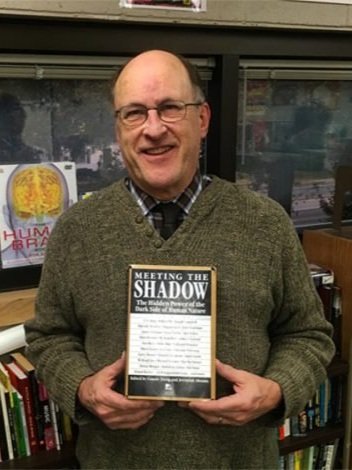AT&T and the Yang Complex
By Bill Bornschein | January 10, 2013
Have you noticed the recent AT&T commercials that feature an adult asking leading questions to children, questions that have “obvious” correct answers? Which is better, big or small? Which is better, fast or slow? These questions serve the purpose of the ad but also reveal a disturbing aspect of our culture. The immediacy of the children’s answers and the “no kidding, duh” tenor of the commercial reveal a pretty unreflective public, at least in the view of the advertisement’s creators. If we pause for a second to apply the same questions to other subjects such as cancer or melting glaciers, we get some different answers. Which cancer is better, big or small? What rate of glacial melt is preferable, fast or slow?
Besides revealing a dim view of the public, the ad’s popularity confirms the “truthiness” of that perception. In other words, the knee-jerk response critical for its effectiveness bespeaks our real world perception, our socially constructed reality. This is what I refer to as our “yang complex,” our western preference for the yang elements in the yin/yang dichotomy of Taoism. Yang roughly translates as “the sunny side,” and I am reminded of the American standard Keep on the Sunny Side. Yang qualities include fast, hard, solid, focused, hot, dry, and aggressive. It is associated with the male gender, the sun, sky, fire, and daytime. Yin roughly translates as “the shadow side.” Yin qualities include slow, soft, yielding, diffuse, cold, wet, and passive. It is associated with the female gender, the moon, earth, water, and nighttime.
The yang complex AT&T plays off of reminds me of the critique that Ernest Becker offers of Norman O. Brown’s unrepressed man, the archetype for many similar New Age visions. AT&T’s approach puts us on the threshold of a very Beckerian question: “Which is better, repression or unrepression?” Rejecting this false dichotomy, Becker maintains that repression is necessary and it is the way in which the repression is managed that is crucial. As it stands, repression is a dirty word in our popular culture. Indeed, unrestraint is the premise of modern consumer culture. The yin qualities we need for balance are present but muted. I maintain that our cultural yang complex puts us in a dangerous position. Bigger, faster, and more more more have become the watchwords for a growth curve that is clearly unsustainable.
Yet, the lack of a yin perspective in our political discourse reveals the depth of the culture of yang. We appear unable to envision anything new, still opting for the obvious answers, just like the kids in the AT&T commercial. We need a new mythology, a new story that admits the insights of Becker, Rank, and Kierkegaard where the answers are not so obvious.

